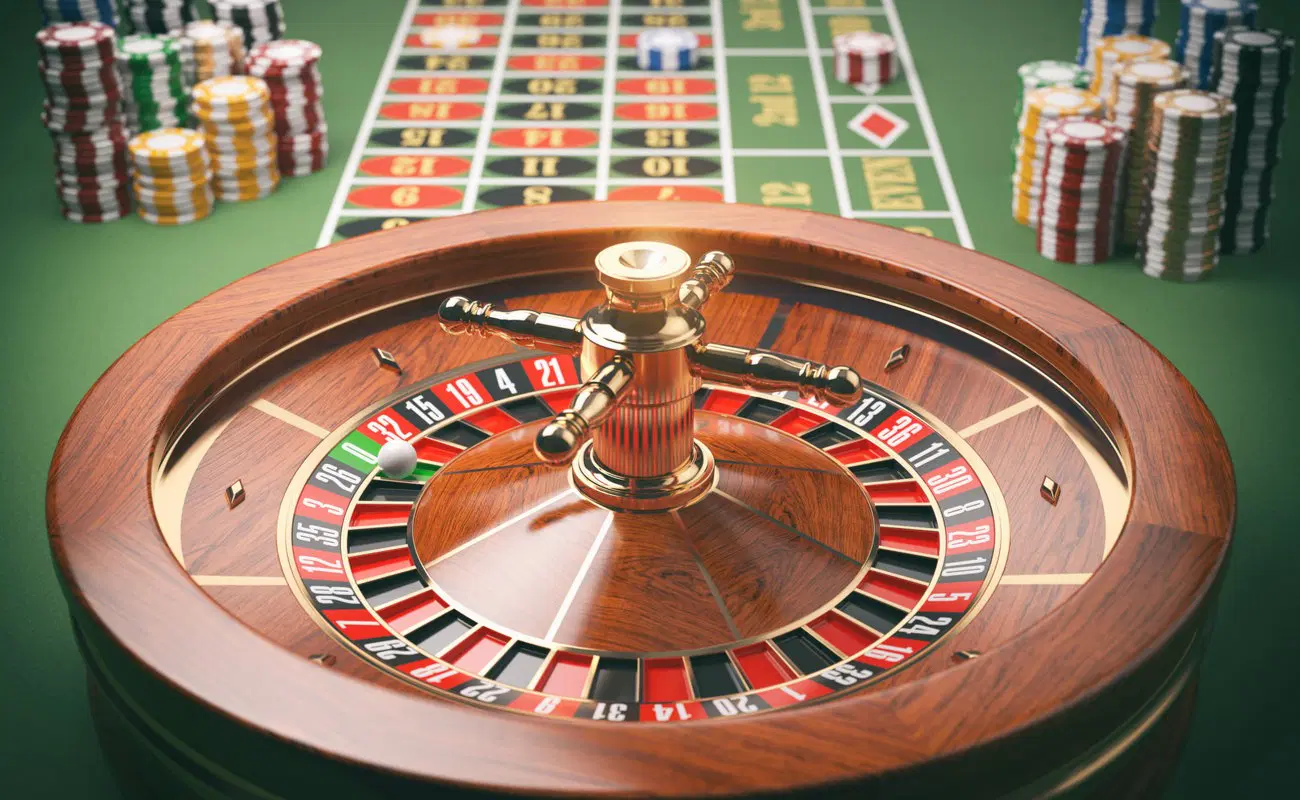Roulette is a game of chance and although players can employ strategies to increase their chances of success, no guarantee can be given. Furthermore, it is crucial that they understand how a roulette round works since a dealer must clear losing chips before betting begins for another spin.
Casinos use colored chips to distinguish bettors and avoid confusion. While these chips usually cost $1 each, their value could decrease if a player places multiple outside bets to meet table minimum requirements.
It is a game of chance
Roulette is a type of gambling game in which its outcome depends on chance alone. The game entails spinning wheel with numbered pockets, where the player must predict where the ball will land upon each spin. While there are many online casinos offering roulette games, not all are reliable – to select an ethical site look for ones offering high payouts that are licensed and regulated by UK Gambling Commission.
Roulette is an entertaining, but complex, game of chance and skill. While there may be ways to increase your odds of winning more often, using strategies such as the progressive betting tactic may help increase these odds while managing risk better – although any strategies claiming to beat the house edge should be avoided.
Roulette is played using a small, circular wheel with thirty-six red and black numbered pockets arranged alternately on it, including two green pockets labelled zero and double zero on American wheels, but European ones only feature one such green pocket marked single zero. A ball is then rolled through this system until one comes to rest somewhere within its confines; where its landing determines its winner.
Some players believe they can use strategies to overcome the house edge when playing roulette; many even sell betting systems online to do so. Unfortunately, however, these systems have yet to be proven successful; most often relying on “Gambler’s fallacy”, where past results can be used as an indication for future outcomes. Recently, however, Advertising Standards Authority found one such system advertised by Jason Gillon was misleading since it claimed he could earn PS200 daily playing roulette; this claim was disproved.
It is a game of skill
There’s no disputing that roulette requires some level of skill in order to succeed, though most players seem to believe this means correctly guessing which number the ball will land on. In reality, however, there are various different bets with differing payouts and odds of success; to achieve consistent success at roulette means finding a strategy that works for you and sticking with it.
To play roulette, a dealer spins a large wheel with 37 or 38 numbered slots from 0 to 36 and drops a small marble-sized white ball into one of those pockets. He/she then clears off losing bets while paying winning ones; players can place bets on either a single number, groupings of numbers, color of pocket or whether odd/even. Odds of success depend on type and number of chips placed as bets are won or lost depending on your particular strategy.
Roulette requires some skill, but not enough to overcome the house edge. Casinos are adept at tracking every player’s behavior and profiting from it; therefore, many gamblers end up losing even when they’re lucky at casinos.
Contrary to popular belief, there is no perfect roulette system. No matter what you do, the odds always favor the house over you; therefore it is crucial that you understand how this game works and the math behind it as well as when to quit playing the game – setting limits on winnings will help avoid getting carried away and spending more than can afford to lose; all big game stories of roulette involve winners leaving without going too far!


